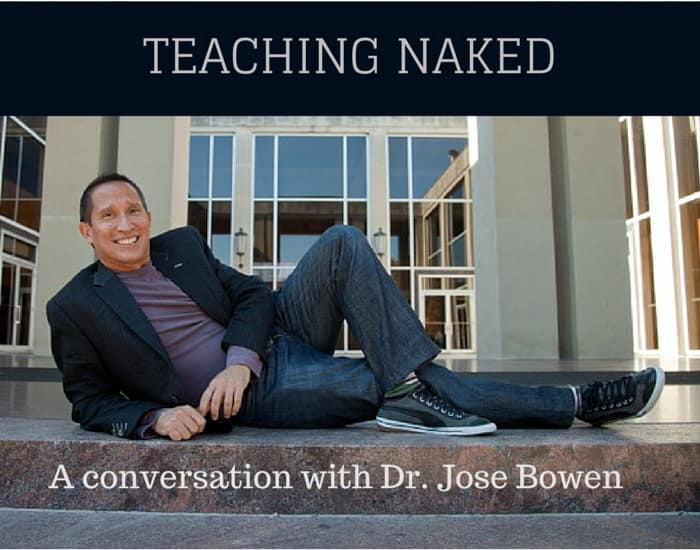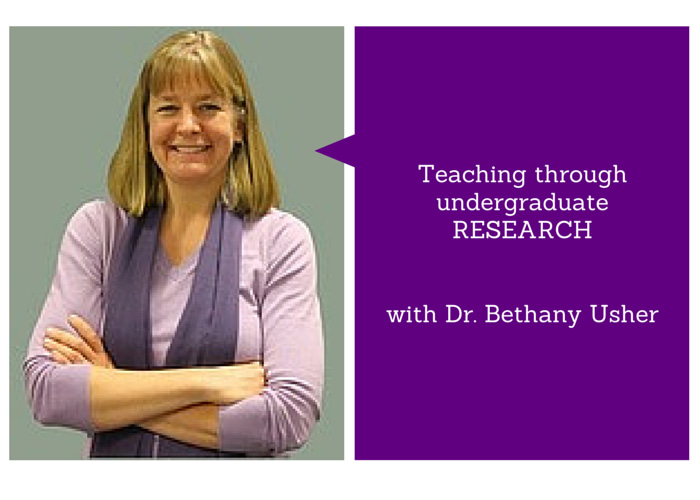On today’s episode, I talk about all that cannot be seen.

Podcast notes
- Mystery commercial that I really hope someone can find and send to me
- Augmented reality
- Yik yak chat service (For reasons explained in the podcast, I would rather not link to this particular app/service)
- [EDIT: 1/15/15/ at 10:20 am]: Right after recording this episode, I listened to episode 9 the Reply All podcast by Gimlet Media. I have even less certainty now about whether or not we should stay far away from Yik Yak, or get in there and spread some positivity and make our presence known. I welcome your thoughts either privately, or in the comments, below.
- Southwest Search Dogs
Online forum introductions
Our perceptions really do matter
Our expectations can shape outcomes in others…
This American Life previewed Invisiblia on an episode called: Batman
Especially the beginning re mindset on This American Life
NPR Science reporters Alix Spiegel and Lulu Miller explain to Ira Glass how they smuggled a rat into NPR headquarters in Washington, and ran an unscientific version of a famous experiment first done by Psychology Professor Robert Rosenthal. It showed how people’s thoughts about rats could affect their behavior. Another scientist, Carol Dweck, explains that it’s true for people too: expectations affect students, children, soldiers, in measurable ways. (6 minutes)
Invisibilia is a series about the invisible forces that shape human behavior. The show interweaves personal stories with scientific research that will make you see your own life differently.
Assume the best… and talk through the gaps…
Episode 14 on Dealing with Difficult Students in Higher Ed

